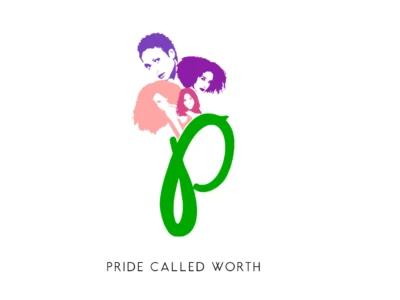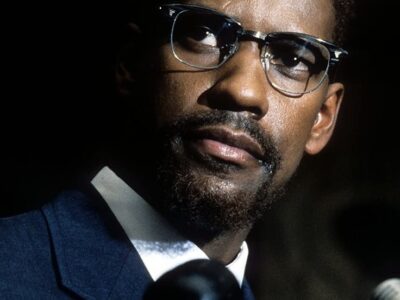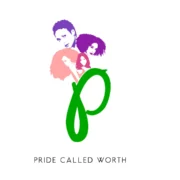Generation Black TV - Live
--- Main Blog Content Below ---
Netflix announced in December 2022 that it would put an end to password sharing, an occurrence it had looked away at for years, and it would begin to ask people who share accounts outside their household to pay an extra fee. The news has gathered momentum from users of the streaming service all over the world, with many kicking against it and others saying it’s a long overdue decision.
A user made a cryptic post on a tweet Netflix made in 2017 stating its disapproval. The initial tweet from Netflix read, “Love is sharing passwords.” The user went ahead to quote the tweet, saying “The love wasn’t forever, apparently.”
Amidst so many opinions on social media about the password-sharing crackdown, Netflix has taken steps to implement the resolution stating the reasons for the clampdown and how the newly added fee would work.
Here is everything you need to know about Netflix’s great password-sharing crackdown.
Why is Netflix putting an end to password sharing?
According to Netflix CEO Reed Hastings, an estimate of over 100 million households worldwide are using shared accounts, which has led to a loss in subscribers, and cracking down on password sharing would be a “big opportunity” for revenue growth.
Netflix also added on its About page explaining further, “We’ve always made it easy for people who live together to share their Netflix account, with features like separate profiles and multiple streams in our Standard and Premium plans. While these have been hugely popular, they have also created some confusion about when and how Netflix can be shared. As a result, accounts are being shared between households, impacting our ability to invest in great new TV shows and films for our members.”
How would the password-sharing fee work?
Netflix has been experimenting with add-on fees in several Latin American countries, charging an additional $3. In these countries, the primary account holder is required to give a verification code to anybody attempting to access the account from outside the household.
Netflix will use IP addresses, device IDs, and account activity to enforce its password-sharing policies. Subaccounts for up to two non-family members may be added by members of the Standard and Premium plans at a reduced fee of 2,380 CLP in Chile, 2.99 USD in Costa Rica, and 7.9 PEN in Peru.
When will Netflix start its crackdown?
Although the section that explains the new password-sharing policy on the Netflix official page indicates that it would begin the policy on March 16, 2023, it’s quite uncertain if a global clampdown will start on that date as the company said last month that full, global rollout will probably take a couple of quarters. It also didn’t state which countries will be first. “We’re ready to roll those out later this quarter. We’ll stagger that a bit as we work through sets of countries,” Netflix co-CEO Greg Peters said last month, referring to the first quarter of 2023. “But we’ll see that happen over the next couple of quarters,” he stated.
Did Netflix accidentally post the password-sharing guidelines?
Netflix posted a set of guidelines being tested in Peru, Costa Rica, and Chile across its help center pages including in the US on Wednesday, but had since been taken down saying it was a mistake. Although several people went ahead to argue that it wasn’t, Netflix asserted that it was accidental stating: “For a brief time yesterday, a help center article containing information that is only applicable to Chile, Costa Rica, and Peru went live in other countries. We have since updated it.”
What does Netflix’s password-sharing crackdown mean for communities and creators?
For a lot of people, password sharing was a way to give their friends and families the opportunity of watching the listed movies on Netflix without having to pay the required fees. It had a way of boosting communities as persons shared passwords with their loved ones. However, the clampdown would mean that people would have to stop giving their passwords out denying persons who can’t afford the fees the privilege to stream movies. It might also see a drop in the number of streamed movies which would affect creators the likes of screenwriters and producers who earned more revenue and recognition from the number of streams their movies got.












